Sixty Years After JFK’s Assassination, Oliver Stone Reflects
The director of “JFK” on the Kennedy cover-up, why he was killed, and what the country—and the world—suffered as a result.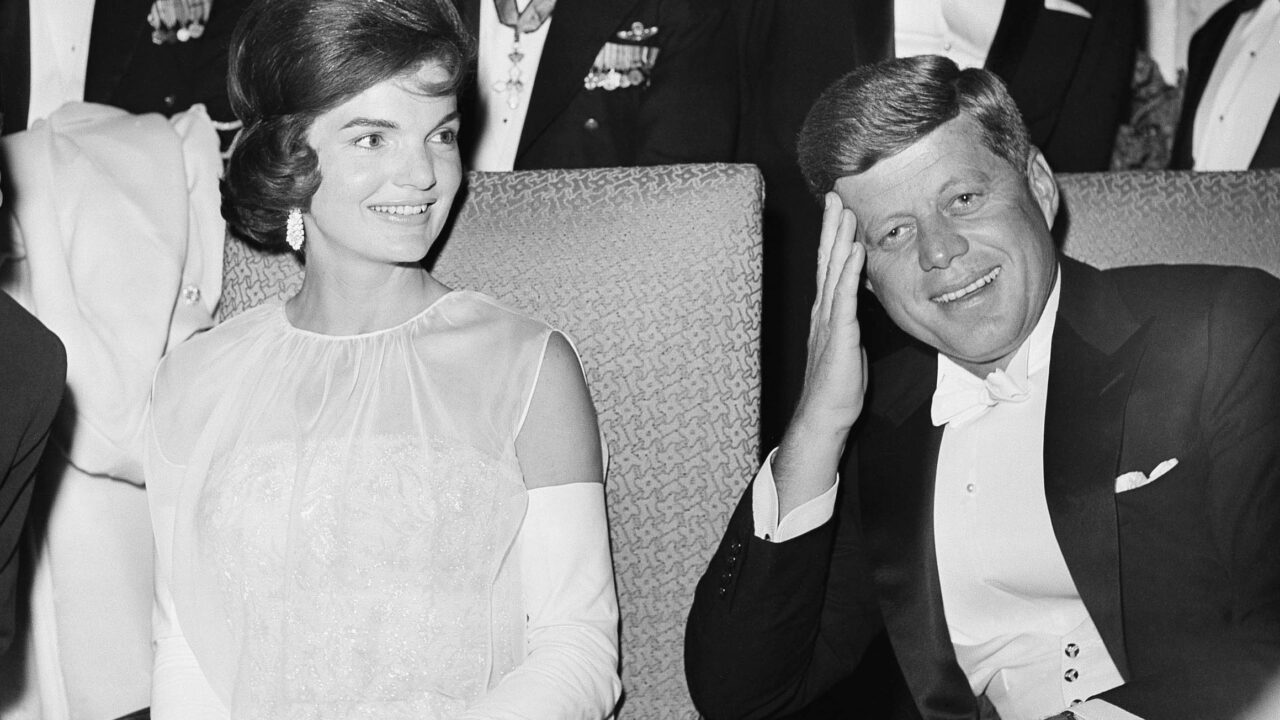 President John F. Kennedy, right, and first lady Jacqueline Kennedy are seated as they attend one of five inaugural balls, Jan. 20, 1961, in Washington. (Photo: AP Photo, File)
President John F. Kennedy, right, and first lady Jacqueline Kennedy are seated as they attend one of five inaugural balls, Jan. 20, 1961, in Washington. (Photo: AP Photo, File)
When French filmmaker Jean Renoir was asked if film can change the world, he is said to have replied, “In 1937 I directed the anti-war film ‘La Grande Illusion.’ In 1939, World War II started.”
Be that as it may, three-time Oscar winner Oliver Stone has at least changed America through his filmmaking. “Oliver Stone was probably the most important figure in getting the declassification process started,” says James DiEugenio, author of 2016’s “The JFK Assassination.” “By creating a media sensation in 1991 even before his film came out, [he] caused outrage and forced Congress to create a declassification board. That had never been done before or since.”
During the 1980s, Stone experienced meteoric and controversial career success in Hollywood by challenging entrenched national narratives. Stone, a Purple Heart-winning Vietnam veteran, directed the antiwar masterpieces “Platoon” (Best Picture and Best Director Oscars, 1986) and “Born on the Fourth of July” (Best Director, 1989); tackled U.S. intervention in Central America with “Salvador” (1986); excoriated finance and big business in “Wall Street” (1987); and warned against rightwing fanaticism in “Talk Radio” (1988).
“We wouldn’t have been in the Vietnam War. We would have been led to a path of peace and cooperation with the world. We didn’t have to fight any of those wars—any of them!”
In 1991, he blew the roof off the official version of the Kennedy killing with his three-hour and nine-minute tour de force, “JFK,” which earned Stone the scorn of the powers-that-be and their media minions. In 2022, the keeper of Camelot’s flame returned to the cinematic scene of the crime with two documentaries, “JFK Revisited: Through the Looking Glass” and the four-part “JFK: Destiny Betrayed.” The meticulously detailed docs, totaling nearly six hours, take viewers down multiple Kennedy liquidation rabbit holes, elaborating upon and rendering in nonfiction format the theories Stone dramatized 30 years earlier in “JFK.” Only this time, he had more to work with: Both documentaries included new information that had become available through a declassification process that Stone did much to accelerate.
In this candid conversation, Stone holds forth on where the Kennedy case stands on the 60th anniversary of that murder most foul in Dallas; who he believes was behind the murder; why JFK had to be eliminated; the Cuba connection; the Oswald enigma; the news media’s pillorying of him for daring to expose the Warren Commission’s “coverup”; U.S. imperialism and endless wars; and much more. I interviewed the director in L.A. via Zoom, beginning with that question commonly posed to those who were alive on Nov. 22, 1963. The manuscript has been slightly edited for length and clarity.
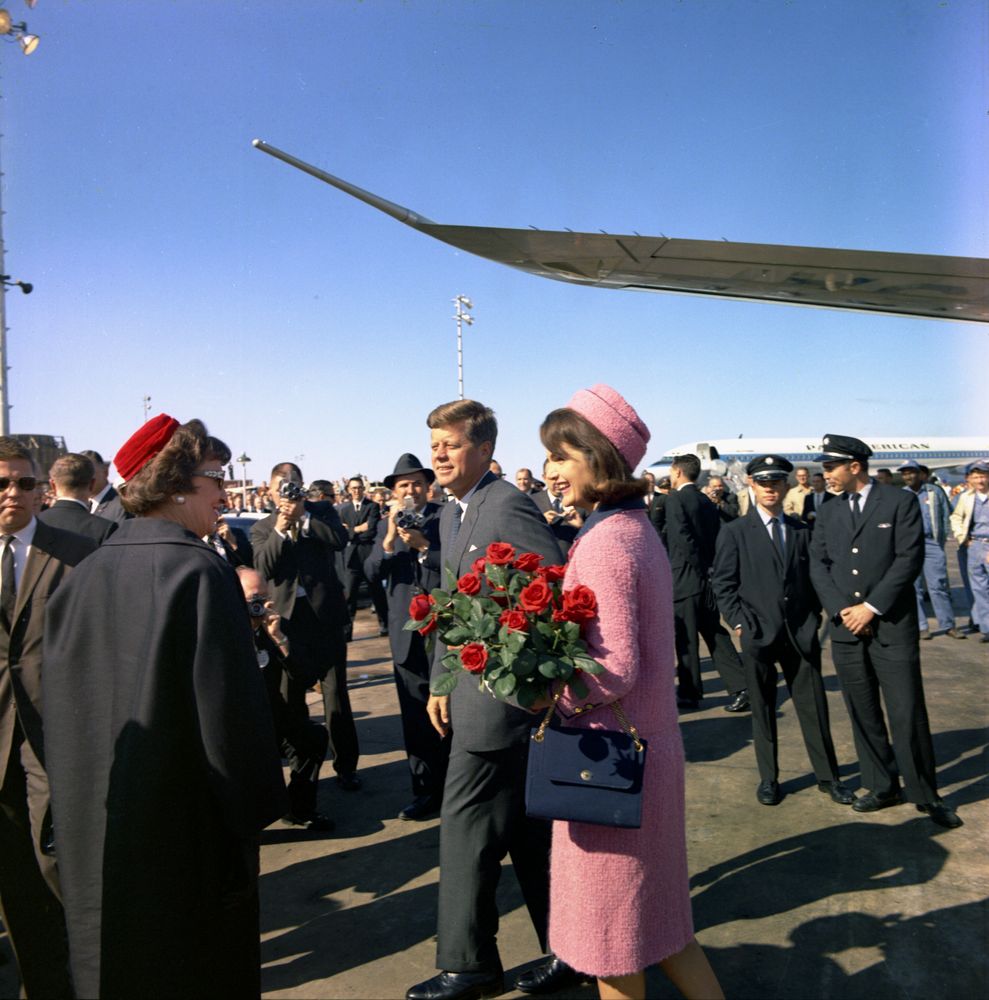
Truthdig: Where were you and what were you doing when you heard JFK was shot?
Oliver Stone: I was in boarding school, the Hill School in Pottstown, Pennsylvania. Nothing special — the whole school was shocked. We sat through that whole weekend around TV sets. And like all the rest of America, followed it up through the funeral on Monday.
Truthdig: 1991’s “JFK” is one of those rare movies that directly led to change in the real world and legislation. You testified before Congress and the President John F. Kennedy Assassination Records Collection Act was passed [in 1992]. How many documents have been released and how many remain classified?
OS: For the exact numbers, I refer you to Jim DiEugenio [the screenwriter for Stone’s 2022 documentaries “JFK Revisited” and “JFK: Destiny Betrayed”]. They were blocked by Biden and Trump. They released a few more documents under Biden, then he closed it down. He went against the spirit of the law totally. It’s bizarre, considering Biden’s a Catholic Democratic president, but he’s the complete opposite spirit of Kennedy.
[Editor’s note: In a follow-up email, DiEugenio said that the ARRB has declassified about 60,000 documents totaling two million pages.]
Truthdig: On the 60th anniversary of JFK’s assassination, let’s revisit the big question posed by Donald Sutherland’s character, Mr. X, in “JFK”: “Why was Kennedy eliminated?”
OS: In “JFK Revisited,” we posited that it was because he was changing the world too fast. Not only in all his foreign policy, but basically everything except civil rights was moving in a certain direction that was not popular with the people who run the country. That’s why he was killed. The other thing Kennedy was doing, clearly, was pulling out of Vietnam. Which is a side affair in the sense that it had not grown into the war it was going to become. But people who say, like Richard Nixon, that Kennedy sent the first combat troops to Vietnam, it’s bullshit. He sent advisers. Several hundred died, because they got over-involved and they were killed or accidents happened, but he never sent combat troops and he always made that specific denial of [requests for] combat troops. As he himself said, I’m paraphrasing, “Why, if I’m not willing to go into Cuba, which is 90 miles away, would I go into Vietnam, which is 6,000 miles away?” That’s a very important quote, in my opinion.
Also, he was a big threat because he was going to be up for reelection, a very popular president, young, who’d certainly be around many more years. His brother was ready to possibly succeed him in ’68 and there was another brother, too, don’t forget, who’s coming along. So, it was a threat of another Roosevelt-type of dynasty. I say “dynasty,” because Roosevelt was four terms and that left a major scar on the country. You have no idea of the animosity against Roosevelt. I think you could say it was similar to what’s going on now, in the sense that there’s a great division. Certainly, there was a lot of anti-Roosevelt feeling, but he carried the day with his legislation, of course, and he was trying to pack the Supreme Court; there were all kinds of battles. Kennedy had the same kind of thing going on. And it was fresh in their memories at that time. It had only been 20 years since Roosevelt. It was very vivid to them.
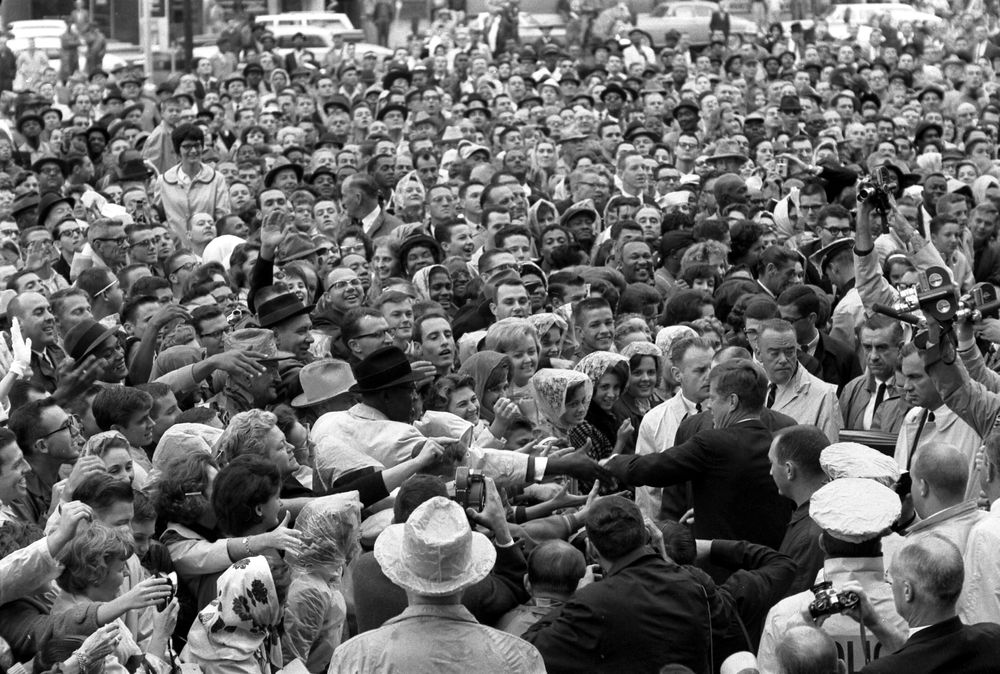
There was a lot of anger at the top against Kennedy. In our documentary, we talk about him wanting to end the Cold War. That was clear from his intentions. From his peace speech at American University, which is too often ignored, to his reaching out to [Soviet leader Nikita] Khruschev during the Missile Crisis, establishing a relationship. Also, his reaction to Bay of Pigs; it was clear there was a consensus by the military and the CIA to go into Cuba to attack Castro and get rid of him. And when he refused to go in at the Bay of Pigs that was very bad for them.
Number two: When he refused to go in when the Russians put missiles there, it was like signing his death warrant. It was clear to many people that we were not going to solve the “Cuba problem” with him. Although he was making steps to appease the anti-Castro group with his “Operation Mongoose,” there was no teeth in it, really. It was a public relations move to keep them off his back. The truth was he was trying to negotiate with Castro, and he sent Bill Attwood and Lisa Howard to begin that process. He made many statements to the effect that he understood the Cuban Revolution, understood what they were fighting for and had been against. He understood that very clearly in so many of his statements. And especially in his Alliance for Progress with Latin America, he understood the nature of the poverty of the region and the need for reform.
Everything was economic, as opposed to military. The Eisenhower-Dulles regime — and, I would say [Lyndon B. Johnson] regime — didn’t give a shit about improving the lives of Africans or Latin Americans or Indonesians. They gave a shit about stopping the Soviet infiltration of liberation movements.
Truthdig: Let’s talk about the Cuba connections that you go into in “Destiny Betrayed.” Tell us about Oswald and the Fair Play for Cuba Committee and his purported trips to the Cuban and Soviet consulates in Mexico City.
OS: I know there’s quite a significant number of documents about the CIA [that have not been declassified]. And there are a lot of questions we have about the Cuba operation [including related operatives] David Atlee Phillips; William Harvey, who was very much involved, I believe; and George Joannides. Joannides appears twice before the House Select Committee on Assassinations in the 1970s, where the CIA lies and says he had no involvement in Cuba, and he had all the involvement in the world. In addition, there’s this fellow [David Sanchez] Morales, who bothers me; he’s one of the black ops guys Phillips would use. Morales was a stone-cold killer and very much could have been involved with the shooting [of Kennedy]. But he was a Cuban.
Their hatred for Kennedy was shown in my “JFK” film, when you felt the hatred of David Ferrie [played by Joe Pesci] and the other Cuban operatives in the movie that were talking about Kennedy. It was visceral, from the gut. They thought he was a traitor. In “JFK Revisited,” you hear the story about the Secret Service guy, Elmer Moore, who shuts up Malcolm Perry, the first doctor who sees the wound coming from the front. By the second day, he’s scared off the case by Moore, who tells a witness, “Kennedy was a traitor.” They really felt that in the true believer corps.
You have to understand, “traitor” is a big word. It’s still used today, but in the 1960s it had a stronger implication. I’ve been called that too, by the way [laughs], just for having an interview with Putin [2017’s four-episode “The Putin Interviews” for Showtime].
Truthdig: Let’s talk about Oswald’s Fair Play for Cuba Committee connection.
OS: The whole Oswald saga is unbelievable, when you get into it. And you have to get into it — and we did in both documentaries, “Destiny Betrayed” and “JFK Revisited.” Even before he went to Russia, when he was in the Marine Corps, he seemed to be cooperative with intelligence agencies. He studied Russian, he was a radar operator, he went to Russia. He was basically sent to Russia as an observer, as a spy, because we didn’t have very good on the ground [human intel] — we had satellites, we had U-2s. We could see them, but we couldn’t really tell what was happening on the ground. We needed operatives there. People like Oswald fit the profile of a “defector,” which is what he was created to be.
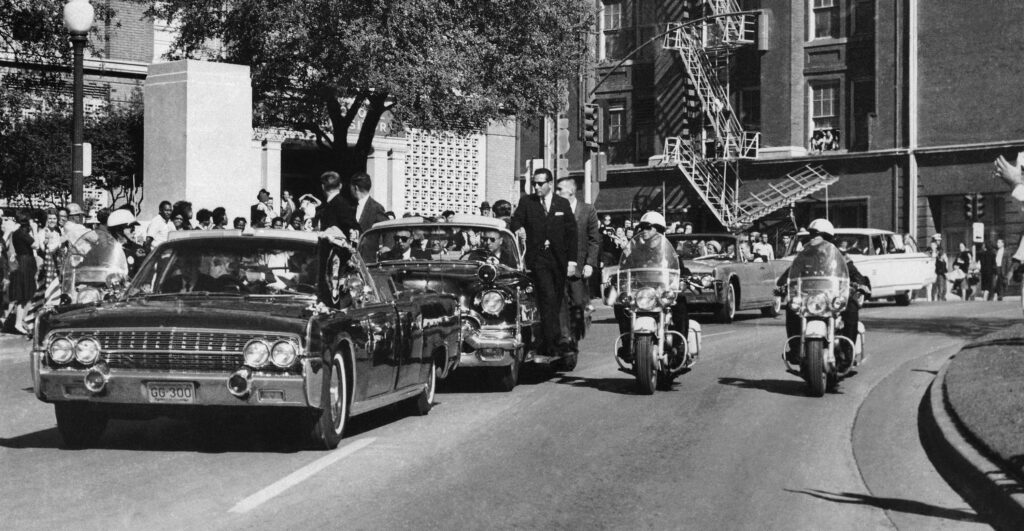
If you talk to [historian] John Newman and look at the [ARRB] Records, we know that James Angleton, the counterintelligence chief of the CIA, had a file on Oswald from 1959. So, Oswald goes to Russia, Angleton keeps the file secret; there’s a dummy file, but Angleton has all the information. Angleton also is implicitly involved in this thing — because he knows the identity of Oswald. Who he really is. How can a guy go to Russia, give away all of our secrets, so to speak, come back from Russia, and never be debriefed? It’s a strange, strange story.
Also, he’s implanted in the Dallas community with the “White Russians,” with George de Mohrenschildt. He has contacts all along the way in New Orleans, and Dallas, with FBI agents and people like de Mohrenschildt, who is a cooperative agent of the CIA, who kills himself before he’s supposed to testify before the House Assassinations Committee in 1977. Also, he’s in New Orleans: that whole Clay Shaw story is bizarre. After the film, it comes out that Richard Helms — who was the deputy at one point to Dulles and ended up running the CIA — was lying about the identity of not only Oswald, but of Clay Shaw. And he admitted he was an agent of the CIA.
Truthdig: Do you believe Oswald went to the Cuban and Soviet consulates in Mexico City?
OS: I don’t know the answer to that. It’s so confusing. It seems that if he did go to Mexico, it was a setup to establish his bona fides as a Castro agent. I think the idea behind it was that Castro was [supposed to be made to look like] the assassin of Kennedy. Many people felt that he was responding to the attacks on Cuba by going after Kennedy. But Dulles, who was on the Warren Commission, never told any of his colleagues about the Cuba operation, not one word about trying to assassinate Castro. So, they were truly in the dark. But that was seen as a motive — that Castro had come back and struck the United States to create a war.
There’s no question the Cuba operation is the key. That is where these principals all operate, the desire to kill grows out of Cuba. But it’s a much bigger issue of his changing everything. His relationships with the Middle East, with Latin America, with Sukarno in Indonesia, which is the richest country in Southeast Asia, and his involvement with Vietnam.
He backed out of Laos, he did [there] what he wanted to do in Vietnam, he created the idea of a neutral government in Laos. I remember vividly [that] there was a specter of war and we settled for neutrality. Well, that pissed off a lot of people. They wanted to fight for Laos. The same was true in Vietnam. I think Robert Kennedy said later, “We would have fudged it. We would have gotten out of there. Then we would have fudged it with a demand for neutrality.”
But that was not the major issue. The major issue was Cuba.
Truthdig: The Warren Commission, of course, claimed that Oswald was the lone gunman, firing from the sixth floor of the Texas School Book Depository Building. How was the shooting actually carried out and was Oswald even one of the shooters?
OS: No, I don’t believe he was. We presented evidence in the new film [“JFK: Destiny Betrayed”] that is very hard to deny. Those two women on the fourth floor had started down the stairs for the first floor to see what was going on. And they did not see Oswald on the stairs. Within a minute they were downstairs. So, there’s no way Oswald could have stashed the rifle up on the sixth floor, done all the things he did, run across the floor, which was filled with cartons and come down those stairs in that time period.
In addition, the third woman [Dorothy Garner] appeared in front of the Assassinations Records Review Board and again corroborated what the two other women said. She stood there, the two women go down the stairs and she did not see anybody else coming down those stairs. Those three women, who were disinterested, neutral observers, did not see any sign of somebody coming from the sixth floor.
Truthdig: Did the Warren Commission Report quote them saying that?
OS: No. They changed their testimony. The Warren Commission is a farce from beginning to end. They were not interested in getting the truth. They were interested in covering it up. Johnson told Earl Warren, “Be careful, don’t go there — this thing is bigger than you think.” And, I’m paraphrasing, “This could lead to World War III.”
Truthdig: Let’s talk about some of the people you bring up in your documentaries you think may have been implicated in the assassination, such as [Air Force] General Curtis LeMay.
OS: We don’t point the finger at LeMay, exactly, but certainly his behavior is very strange. He lies about his presence in Washington on the day of Kennedy’s autopsy, the 22nd. He flies into another airport. He doesn’t follow orders. Shows up at the autopsy. He’s seen by one of the people at the autopsy, smoking a cigar in the gallery, watching. Very public; it was like a circus. Military people were in charge, and perhaps LeMay was there as part of a reinforcement of the military brass.
This was a shoddy autopsy. A very badly done autopsy by amateurs. You’d give a bum who is a murder victim far more attention. The real autopsy should have taken place in Dallas. Malcolm Perry and the supervising surgeon there were much better qualified to do that. These three guys who did the autopsy had never worked with murder cases or double shooters or multiple bullets. These guys were Navy corpsmen.
Truthdig: What do you think was LBJ’s involvement?
OS: I don’t believe he was involved. I never have and I have never said so. I do believe that he’s involved in the coverup, after the fact. I think he knew, more or less, what was going on. It’s very bizarre to me that he appoints Allen Dulles [who JFK forced to resign as CIA director after the Bay of Pigs debacle in 1961] to the Warren Commission. Dulles is the only one who shows up at every Warren Commission meeting. He’s the most interested in the case, he follows all of the details, more so than anybody else. It’s bizarre.
[Editor’s note: In 1996, CIA operative E. Howard Hunt, in a deathbed confession as cancer took him down, named David Atlee Phillips and David Morales as two of the main CIA participants in the JFK liquidation. Hunt also fingered LBJ as the kingpin behind it.]
Johnson knew he had to change the Kennedy policies. And that’s what he did, except for civil rights. He changed everything on foreign policy. He changed the Latin American policy, the African policy, the Indonesian policy, the Vietnam policy [laughs], across the board. We found the transcript where he speaks to [Defense Secretary Robert ] McNamara. You heard it in the film [“JFK: Destiny Betrayed”], where he says, “You know I was never for this withdrawal [from Vietnam],” something to that effect.
Truthdig: You appear in the upcoming series “Four Died Trying,” directed by John Kirby. It’s a multi-part series premiering Nov. 22 about the assassinations of JFK, Malcolm X, MLK and Bobby Kennedy. Do you think those four assassinations are all connected?
OS: I don’t know about Malcolm, because I don’t think he had power, except as a symbol. I do think the other three, yes — they’re all connected.
Truthdig: There’s also an upcoming series about the making of “JFK” called “Citizen Stone.” In that series by Kristian Fraga, the press release contends: “The campaign against “JFK” tarnished Oliver Stone’s reputation in the United States and forever altered the trajectory of his career.” Do you feel, as they seem to be contending, that you took such a beating after “JFK” that you began to pull your punches?
OS: It didn’t stop me. I kept doing the kind of films I do, as recently as the Edward Snowden film, which nobody seems to respond to.
Our country changed radically after 2000 — more conservative, more prone to militarism. So, there is a change in America. I can say from 1992 to 2000 it was no fun [laughs]. I think people recognize the filmmaking power of [“JFK”], but there was so much antagonism from the establishment that it undermined a lot. I was a heroic figure, given that I’d explored the Vietnam War, Wall Street. I was known as a maverick. After that, it was more like I became “anti-American.” That’s where they tried to place me. I am not “anti-American.” On the contrary, I’m very pro-American and I want America to be the country I grew up in and I want it be a good country. That’s why I’m fighting.
But it’s a rap that they manage. If you look at the media response, most of the media seems to be controlled by the CIA. Frankly, all major media laugh at the idea of a conspiracy, as if it’s an amateur joke. It’s not. Conspiracies exist all through history. We see it again and again and again. Why should America be different?
Truthdig: Thankfully we have you for a counter-narrative.
OS: Among others. But listen, I can’t do this full time. I’m not an activist. I set out to be a dramatist. Unfortunately, I’ve gotten thrown into this mess. It hasn’t helped my standing. People have tried to make me out to be a lunatic. Like [New Orleans District Attorney] Jim Garrison. It’s no fun. And it hurts my career, yes. Certainly, I could have done better, made more money, been offered different things. It’s especially dangerous now, after “Snowden,” after doing documentaries on Castro, [Hugo] Chavez and Putin, for the benefit of the American people, for the benefit of us knowing who these people are. I am shocked that we are so ignorant and remain resistant to the idea of talking to people.
We don’t even talk to the Russians, which is ridiculous. Here we are, facing our supposed enemy, and we’re not even talking to them. And we’re going to war with them in a proxy war. As close to war as you can get. It’s insane. It’s an insane foreign policy. Here’s Biden, the opposite of Kennedy, carrying on as if the Russians are our enemies. He calls the Russians “thugs,” before he’s elected. It’s like Joe McCarthy is running for president. What kind of leadership is that? Where’s the wisdom?
Truthdig: How would America have been different if Kennedy hadn’t been shot and served out two full terms?
OS: First of all, we wouldn’t have been in the Vietnam War. We would have been led to a path of peace and cooperation with the world. We didn’t have to fight any of those wars — any of them! We could have made a deal with Iran, but we subverted their democracy in the ’50s. Then we go to war with them, we go to war with Iraq, we go to war with nobodies. We win these wars and think we’re great, we think we’re a great, great country. We’re fighting small wars with a huge amount of money and weaponry. And we call ourselves heroic. It’s not heroic. We’re going to end up in a shithole.
“JFK Revisited: Through the Looking Glass” can be streamed at Amazon Prime and Paramount+
“JFK: Destiny Betrayed” can be streamed at Amazon Prime
Your support matters…Independent journalism is under threat and overshadowed by heavily funded mainstream media.
You can help level the playing field. Become a member.
Your tax-deductible contribution keeps us digging beneath the headlines to give you thought-provoking, investigative reporting and analysis that unearths what's really happening- without compromise.
Give today to support our courageous, independent journalists.
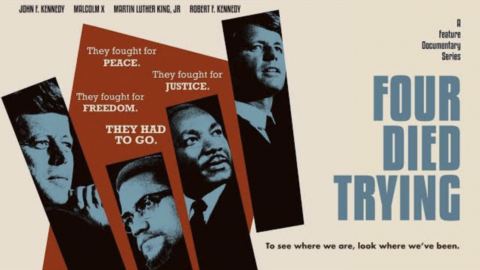
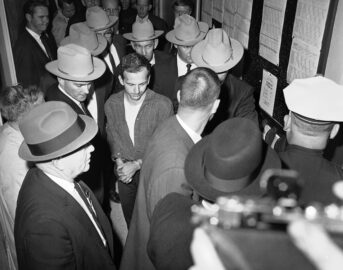
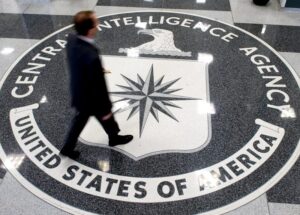
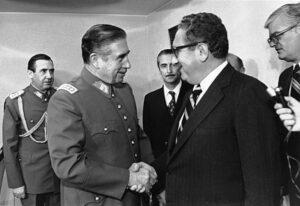
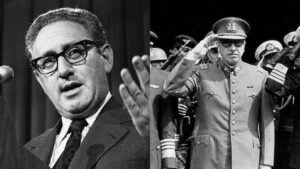
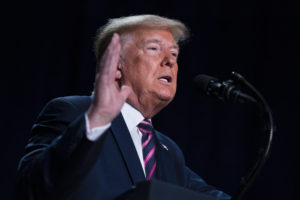
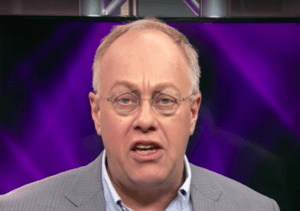
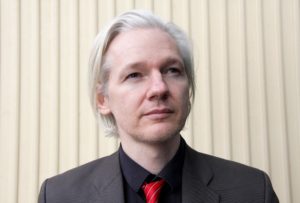
Absolute nonsense. Noam Chomsky blew these idiot theories out of the water decades ago when he wrote Rethinking Camelot, the best 150-page book ever written on the subject of Kennedy andVietnam.
Anyone have a link to a source for the quote (or a similar statement) that Stone attributed to Kennedy, "Why, if I’m not willing to go into Cuba, which is 90 miles away, would I go into Vietnam, which is 6,000 miles away?
By 1962 JFK had authorized Napalm and other WMD against rural civilian population centers all over southern Vietnam. JFK never, not once, anywhere, said the US would leave Vietnam without a total military victory.